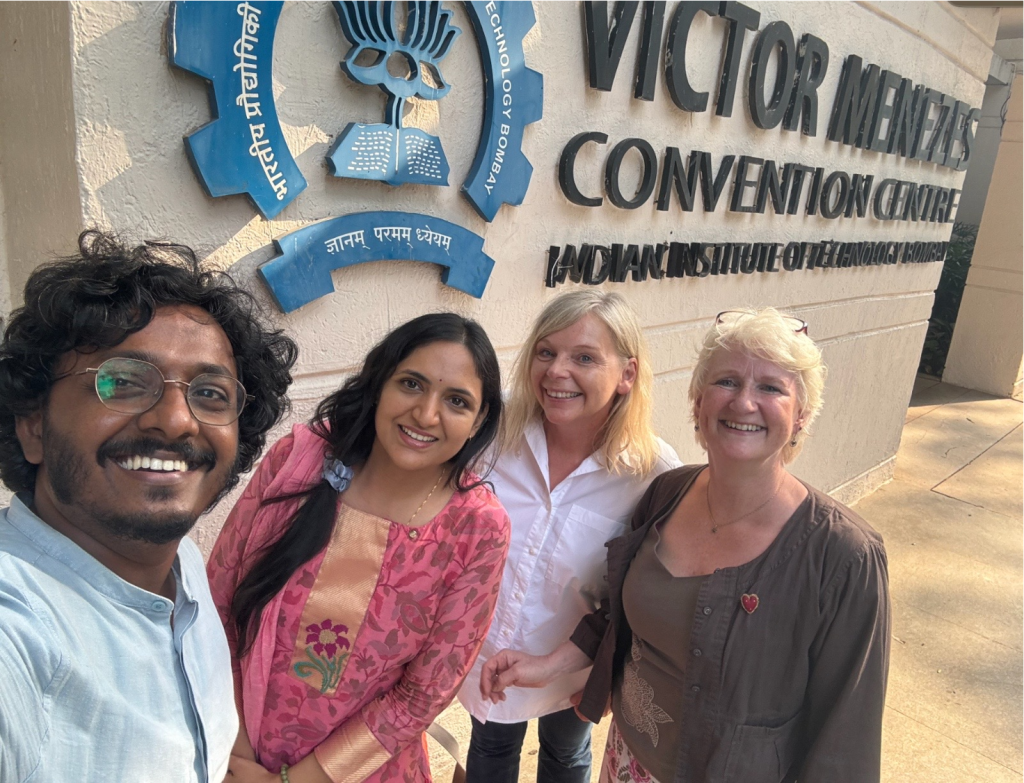India’s journey towards sustainable energy is gaining momentum, and recent workshops held as part of the “After SUNRISE” project are playing a pivotal role in understanding such transitions. In particular, the project is ensuring that transitions can benefit all equally.
About “After SUNRISE”
Funded by the Swansea University ESRC Impact Acceleration Account, “After SUNRISE” builds upon two significant projects:
- SUNRISE: A £6.2 million initiative funded by GCRF, focusing on advancing solar energy technologies.
- DEBATE (Determining Equitable Benefits: Achieving Transitions in Renewable Energy): A £10,000 BA Leverhulme-funded project aimed at enhancing the impact of social science research on sustainable energy transitions.
Building on the successful outcomes of these two initiatives, “After SUNRISE” aims to extend SUNRISE’s impact, particularly in rural areas. The project’s primary goal is to bridge the gap between research insights and real-world impact in sustainable energy transitions, particularly in rural India, but can then be applied elsewhere.
The SUNRISE Solar Oasis building constructed in Khuded in 2022 produces energy to run the building (lights and fans). It also provides surplus energy that can support villagers’ daily activities and economic activities.
We are holding workshops with villagers and other interested groups to learn from what is working well and what is not in terms of the building’s current operation and use, as well as the process used to plan, build and equip the building. We aim to share these learnings wider.
Ensuring Equitable Benefits
While the drive to deliver sustainable energy holds enormous promise, we must recognise that not all community members may benefit equally from these initiatives. In particular, older adults and marginalized groups often face unique challenges that can limit their ability to fully participate in and benefit from sustainable energy transitions. For example, older adults and marginalized individuals may have limited access to information and resources necessary to adopt new technologies and the decision-making processes may not adequately represent their interests or needs. Initial costs associated with solar technologies can be prohibitive for low-income households and alternative schemes could help make them more accessible.
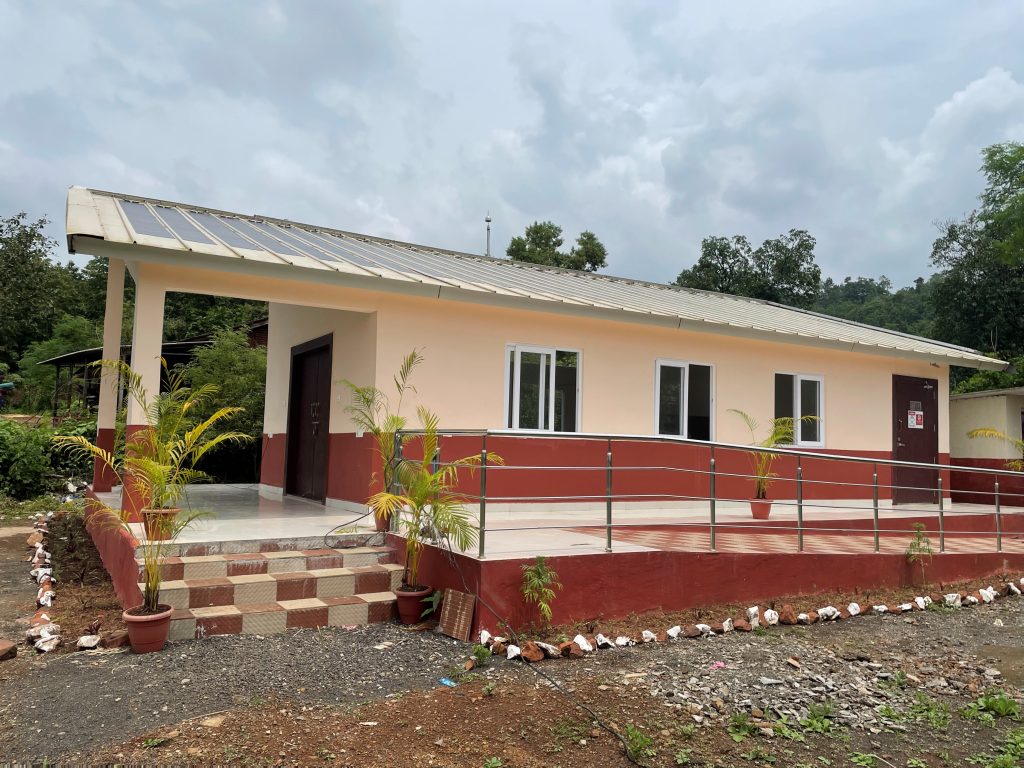
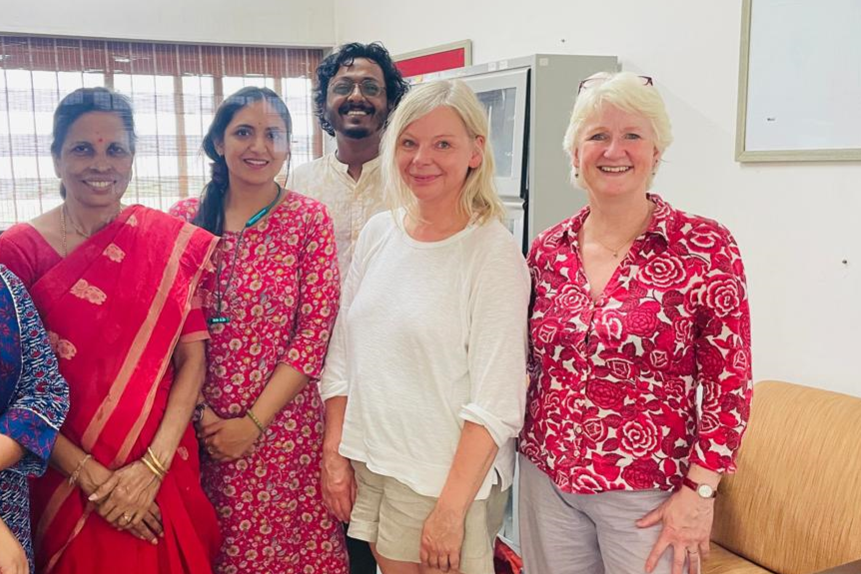
Key Objectives and Activities
The “After SUNRISE” project is centred on a holistic and practical approach involving diverse stakeholders to achieve real-world impact. We aim to have a mixed audience attending our workshops with a variety of experience and backgrounds. It is important to reflect the many people that are involved in funding, developing, installing, using or helping people to access renewable energy. For example policy makers, ‘end users/beneficiaries’ of the renewable energy, governmental and non-governmental organisations, academics, funders and businesses involved in any part of the process have been involved in the two workshops held in India so far. The core “After SUNRISE” team (pictured) will be working with the data gathered and interested stakeholders to co-produce the following over the next six months:
1. Multimedia resource pack following in person and online workshops
A comprehensive resource pack will be developed to facilitate successful energy transitions, emphasising public participation and providing practical insights from the SUNRISE collaboration and beyond. Key stakeholders will feed into the workshops and shared developing materials.
2. Policy briefing report
A concise 5-page report will provide recommendations and steps to guide equitable transitions in the energy sector, applicable to other sectors as well. This report aims to influence policy and decision-making processes to support sustainable energy transitions.
3. Robust dissemination activities
Dissemination will be a crucial part of the project, ensuring that the learnings and outputs reach a broad audience through our extensive networks and maximising opportunities to share and reflect on best practice: what works well (and what does not) in different situations.
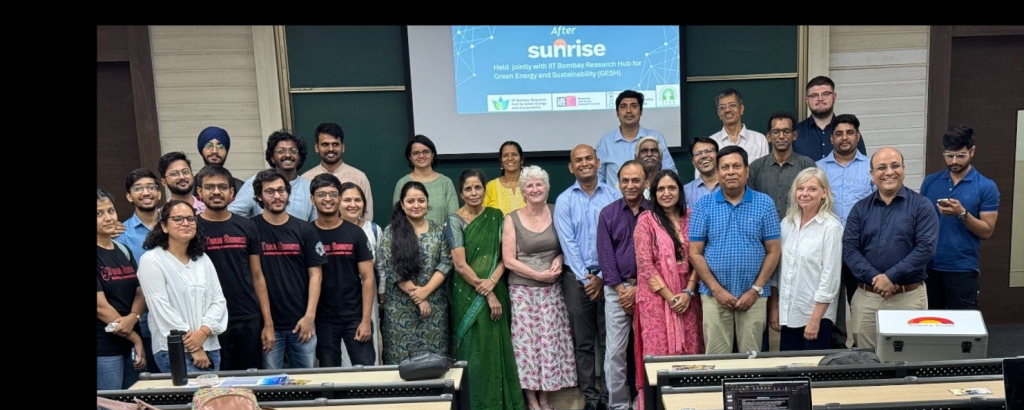
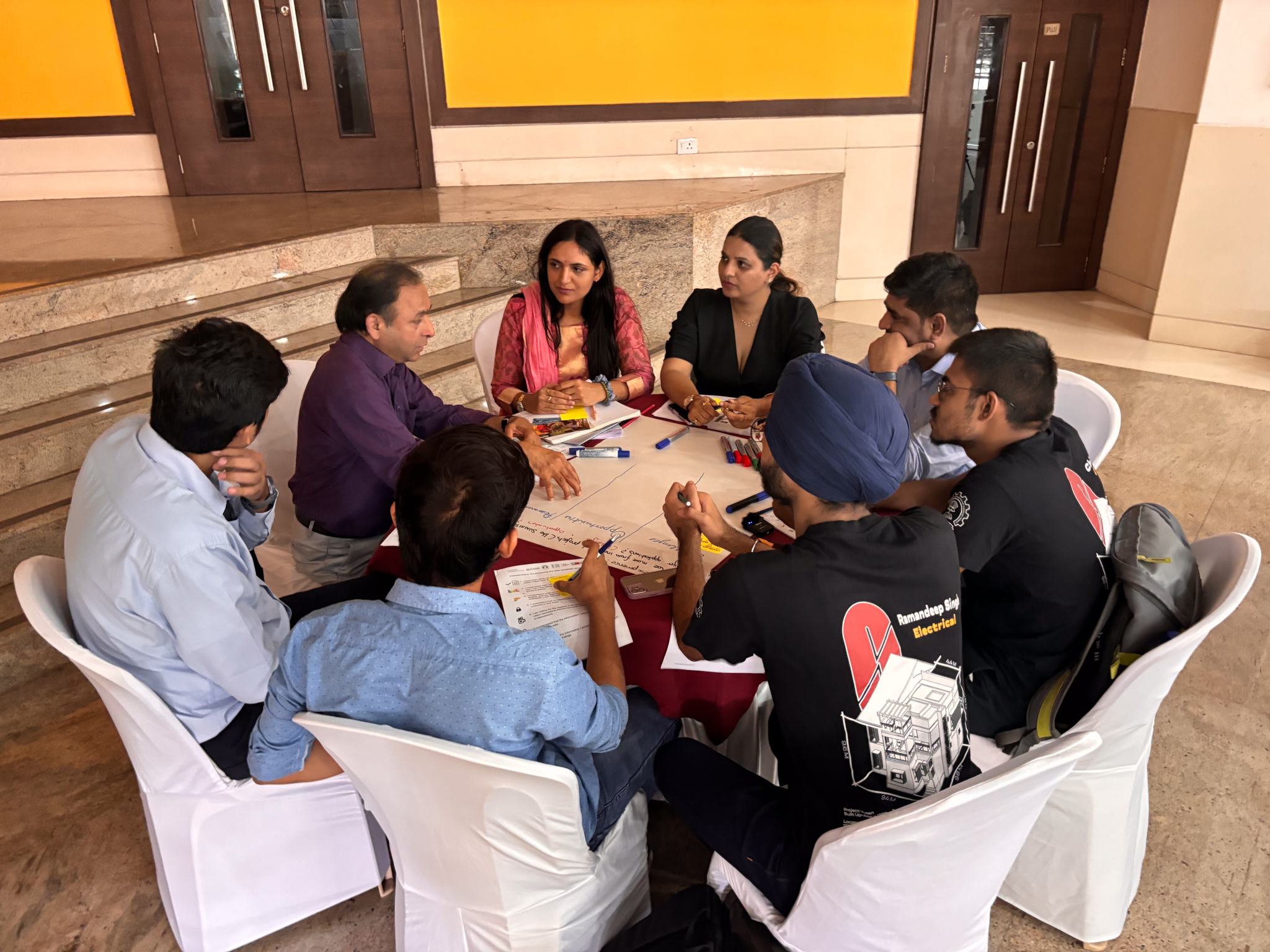
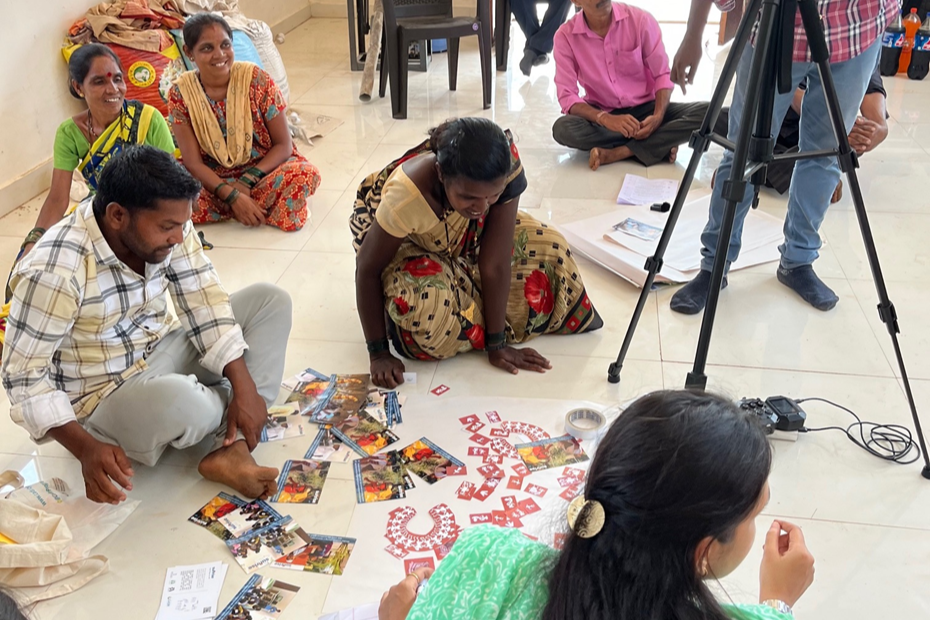
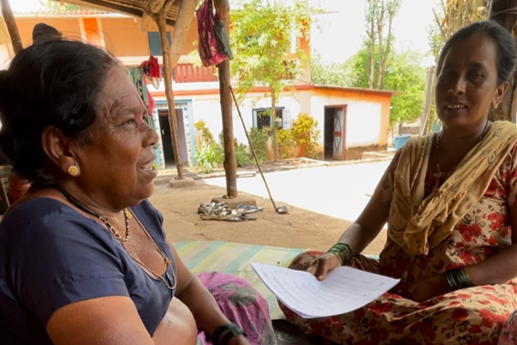
What next?
The “After SUNRISE” project aims to help bridge the gap between research and the practical implementation of sustainable energy solutions in rural India. By fostering collaboration among diverse stakeholders and focusing on real-world impact, these workshops are paving the way for equitable and effective energy transitions. As the project continues to evolve, its holistic approach and robust dissemination strategies promise to create a lasting impact not just in India, but potentially in other regions facing similar challenges.
